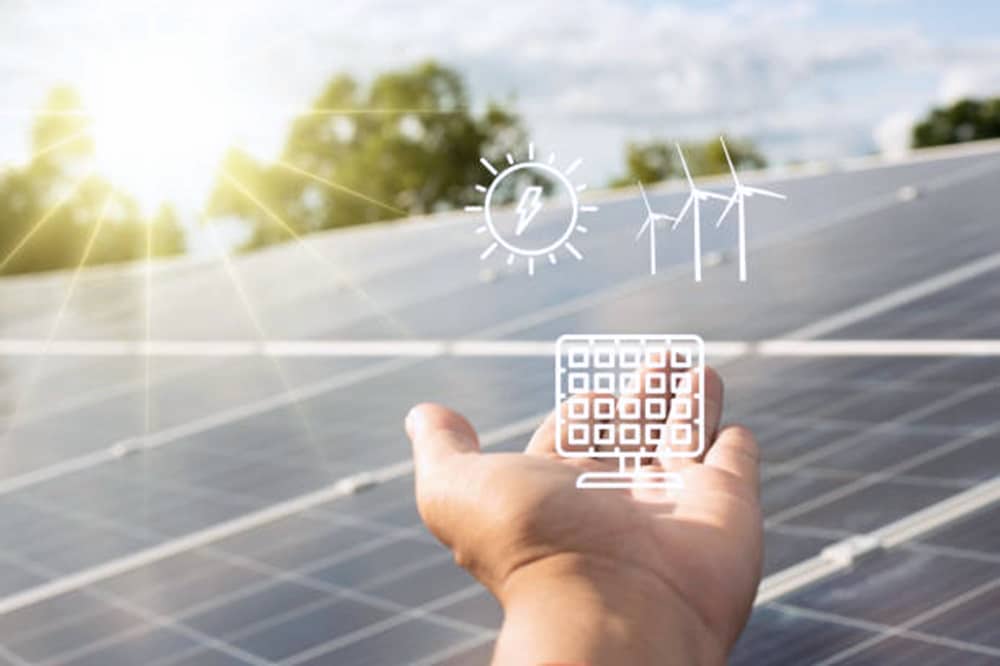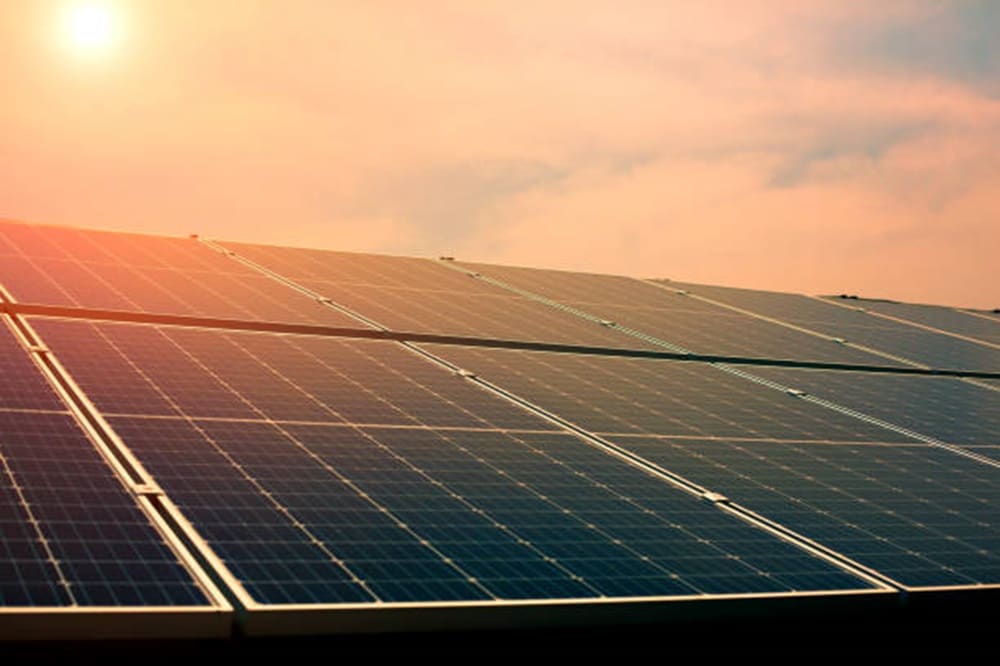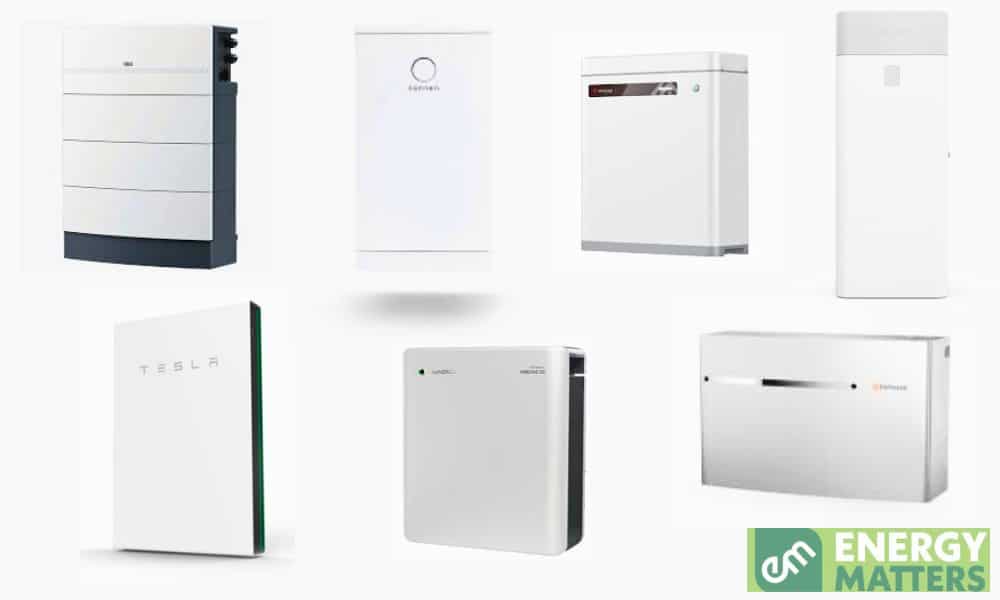Solar panels are an excellent renewable energy source, helping reduce our carbon footprint and dependence on fossil fuels. Solar panels have become a popular choice for harnessing clean energy in countries like Australia, where the sun shines abundantly. However, the scorching Australian heat can lead to concerns about the impact of high temperatures on the efficiency and lifespan of solar panels. This article will explore the effects of extreme heat on solar panels in Australia and provide insights into how to mitigate potential issues.
Are you looking to save money on your electricity bills and reduce your carbon footprint? Solar energy is the perfect solution! Energy Matters can help you get up to 3 FREE quotes from pre-qualified and vetted solar firms in your area.
Energy Matters has been a leader in the renewable energy industry since 2005 and has helped over 40,000 Australian households in their journey to energy independence. With Energy Matters, you can be sure you’re getting the best possible deal on solar energy. We only work with reputable solar firms with a proven track record of delivering high-quality solar systems.
The short answer
Yes, solar panels can get too hot in Australia. The efficiency of solar panels decreases as the temperature increases. For every degree Celsius that the temperature rises above 25 degrees Celsius, the efficiency of a solar panel decreases by about 0.5%. This means that on a hot day, a solar panel can be up to 20% less efficient than on a cooler day.
What is the “Temperature Coefficient”?
In various scientific and engineering fields, the term “temperature coefficient” is widely used to describe the relative change in a physical property or parameter in response to a change in temperature. This concept is particularly important in Australia, where temperature fluctuations can significantly impact various materials, processes, and natural phenomena.
The temperature coefficient can be expressed as a numerical value representing the percentage change in the property per degree Celsius (°C) or Kelvin (K) temperature change. For instance, a conductor’s temperature coefficient of resistance (TCR) indicates how its electrical resistance changes with temperature. A positive TCR signifies that resistance increases with temperature, while a negative TCR implies the opposite.
In Australia, the temperature coefficient plays a crucial role in various applications, including:
Electrical components: Temperature affects the electrical properties of materials, such as resistance and capacitance. Understanding the temperature coefficient of these components is essential for designing and operating electronic circuits effectively.
Solar panels: The efficiency of solar panels decreases as temperature rises. The temperature coefficient of power, expressed in per cent per degree Celsius (°C), indicates this reduction in efficiency. Accurate assessment of this coefficient is crucial for optimising solar panel performance in Australia’s often warm climate.
Chemical reactions: Temperature significantly influences the rate and outcome of chemical reactions. The temperature coefficient of a reaction, often represented by the activation energy, quantifies this effect. Understanding this coefficient is essential for various chemical processes, including industrial manufacturing and environmental remediation.
Material properties: Temperature can alter the mechanical properties of materials, such as tensile strength and elasticity. The temperature coefficient of these properties is crucial for designing structures and components that can withstand temperature variations.
Biological processes: Temperature plays a fundamental role in biological processes, affecting enzyme activity, metabolic rates, and organismal growth. The temperature coefficient of these processes is essential for understanding and predicting biological responses to temperature changes.
The temperature coefficient is a fundamental concept with far-reaching implications across various scientific and engineering disciplines in Australia. Understanding and applying this concept is crucial for designing and optimising processes, materials, and structures that can effectively respond to temperature fluctuations, ensuring their reliability and performance under diverse environmental conditions.

Understanding the impact of heat on solar panels
Solar panels are designed to capture sunlight and convert it into electricity. However, excessive heat can affect their performance and longevity in several ways:
Efficiency reduction: As solar panels heat up, their efficiency decreases. High temperatures cause electrical resistance to rise, making it more challenging for the panels to convert sunlight into electricity effectively. This drop in efficiency can lead to reduced power output.
Shortened lifespan: Prolonged exposure to extreme heat can shorten the lifespan of solar panels. The heat puts stress on the materials, causing degradation over time. This can result in a decrease in the panel’s overall efficiency and productivity.
Potential damage: Intense heat can cause hotspots on solar panels, which may damage the cells. Hotspots occur when specific panel areas overheat, leading to cell fractures or reduced performance.
Dust and debris accumulation: In arid regions of Australia, excessive heat can increase the accumulation of dust and debris on the panels. This, in turn, reduces their efficiency and performance.
Does heat affect solar panels?
There are two main reasons why heat affects the efficiency of solar panels:
- The silicon cells in solar panels are sensitive to temperature. As the temperature increases, the silicon cells start to vibrate more, which disrupts the flow of electrons. This reduces the amount of electricity that the solar panel can generate.
- The heat from the sun can also cause the metal components in a solar panel to expand. This can stress the solar panel and cause it to warp or crack.
Experience a new level of energy savings with Energy Matters Marketplace – your one-stop shop for renewable energy products and more whether you’re looking for solar panels, battery storage or outdoor or indoor products.

Mitigating the effects of heat on solar panels
Despite the challenges posed by Australia’s scorching temperatures, there are ways to mitigate the impact of heat on solar panels:
Solar panel placement: Proper solar panel placement can make a significant difference. Install panels with adequate spacing to allow air circulation, which can help dissipate excess heat. Mounting them at a slight angle can also help reduce heat buildup.
Shade and cooling: Providing shade for your solar panels or using cooling mechanisms, such as water spray systems, can help lower their temperature during the hottest parts of the day.
Regular cleaning: Keep your solar panels clean by regularly removing dust and debris. Cleaning your panels improves their efficiency and prevents heat retention due to dirt accumulation.
Quality materials and maintenance: Investing in high-quality solar panels and having them professionally installed and maintained can significantly extend their lifespan and help them withstand high temperatures.
Solar panel coatings: Some coatings can help protect solar panels from extreme heat and UV radiation. These coatings can reduce the impact of weather conditions, including high temperatures.
Monitoring system performance: Install a monitoring system to keep track of your solar panel’s performance. This allows you to detect any issues early and take corrective action.
While Australia’s extreme heat can adversely affect solar panels, it is essential to recognise that these challenges are manageable. Proper installation, regular maintenance, and implementation of heat mitigation strategies can help ensure that your solar panels remain efficient and durable in the harsh Australian climate. Solar power continues to be a valuable and sustainable energy source in Australia, and understanding how to manage heat-related issues can help maximise the benefits of this renewable energy solution.
Read more about solar panel installation
- Solar Panel Theft and Security – Anti-theft Devices
- Solar Panel Systems in Australia – Tips, Prices & Key Info
- Why You Need to Secure Your Solar Panels
- How to Test, Calculate And Maximise Your Solar Panel Output
- Rooftop Solar Power Panels: How many can you install?
- How Many Solar Panels Needed To Power A Home?
- How to Make Your Solar Panels Last Longer in Australia
- Solar Photovoltaic (PV) System: All You Need To Know
- What size solar system will I need for my home?

Unleash the potential of solar battery storage!

Are you ready to transform the way you power your business or household? Say goodbye to rising electricity costs and unpredictable energy grids. The state-of-the-art solar battery systems empower you to maximise energy efficiency, save money, and reduce your carbon footprint while enjoying an uninterrupted power supply.



















































